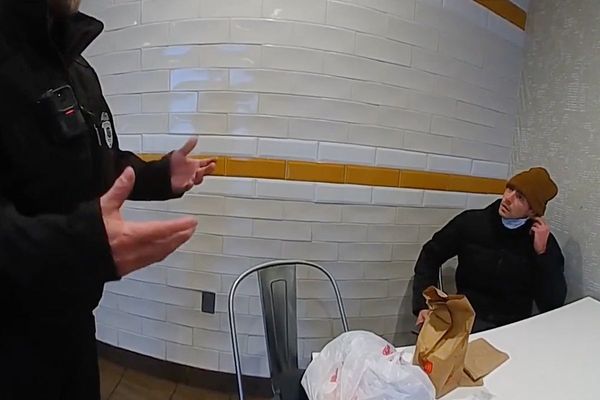Being able to read your dog's body language is such an important skill to help you understand what your furry friend is thinking and feeling.
It's even more vital to be able to recognise when they are suffering in silence, so you can help treat them as quickly as possible.
Animal behaviourist Anna Webb says pet owners often miss the subtle signs that indicate their pooch is in pain or discomfort - but they are easy to learn.
She told the Mirror: "Dogs are masters at trying to disguise pain, so it's about observing your pet and getting to know them overtime to recognise when they are trying to tell you something in dog language."

Yawning
While the context for all dogs' body language is important to consider, yawning is rarely a sign that your dog is tired.
Very often it's your pet saying in dog language that they are uncomfortable.
If you spot them yawning while out on a walk, it may indicate they feel overwhelmed, in pain or stressed.
Chewing and licking paws
Chewing and licking is a compulsive behaviour that can be triggered by stress or anxiety.
Dogs may chew or lick their paws when they have harmful chemicals or allergies.
It could be a sign of a nagging aching pain from arthritis, or they may have small grazes on their paw pads that are sore.
Mobility issues
If you notice your dog is struggling to walk, climb stairs or jump as easily as usual, it could indicate they are in pain.
They may have a hunched back, low tail, pinned back ears or widened eyes.
All of these suggest they're having a bad day, but could also be caused by arthritis, a torn muscle, soft tissue damage or an infected graze.
Facial expressions
If your dog licks their lips a lot away from mealtimes or trembles when it's not cold, it could be a sign they're in pain.
Likewise, sudden panting when it's not hot indicates they feel stressed by a situation.
Turning their head away from you and not wanting to hold your gaze is also a warning flag that something isn't right.

Change in behaviour
Behaviours can change when your dog isn't feeling well. Perhaps they're being a bit snappy or want to retreat to their dog bed and be alone.
They might become picky with their food, less willing to engage with you or want to sleep more in the day. Or maybe they suddenly become more vocal and sensitive to environmental noises.
If you have any concerns about your pet being in pain, you should always check in with a local vet.
Anna added: "There are so many ways that we help our dogs lead a happier and more comfortable life day to day, such as supplements like Pawable Collar-Gen and Calming, which contain active ingredients to help keep your pet pain free, both physically and emotionally."
Do you have a dog story to share? Email nia.dalton@reachplc.com.







